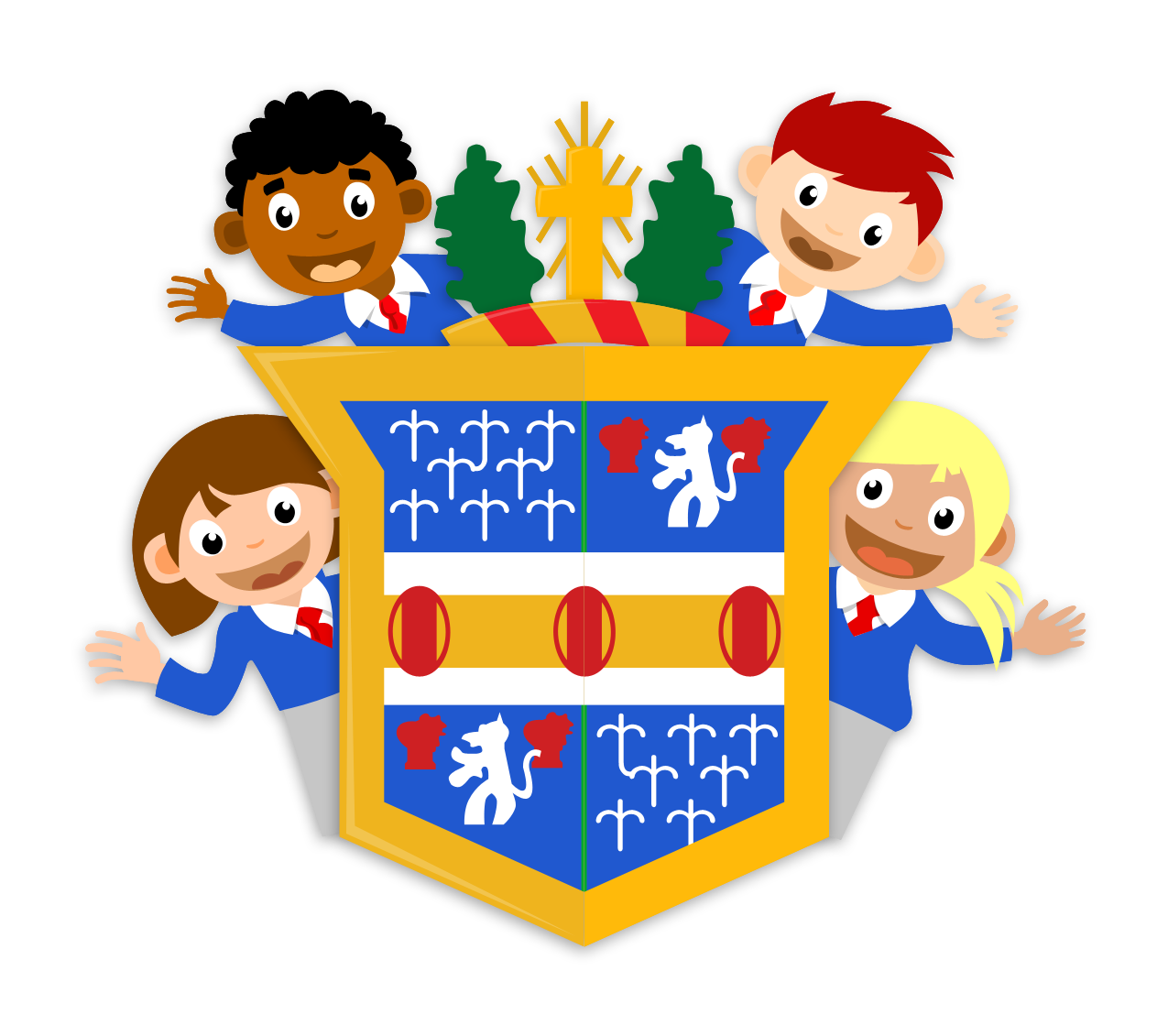Music

Intent:
At St Patrick’s we encourage all children to participate in a variety of musical experiences through which we aim to build their love of music, grow in self- confidence and gain a sense of achievement. The children gain a firm understanding of what music is through listening, singing, playing, evaluating, analysing, and composing across a wide variety of historical periods, styles, traditions, and musical genres. Our teaching focuses on developing the children’s ability to, sing in tune and with other people, play tuned and untuned musical instruments with increasing control, fluency and expression. We aim to provide all our children with the opportunity to progress to the next level of their creative excellence.
Implementation:
We plan an effective Music curriculum which will meet the needs of all learners; adjusting where necessary to a multi- sensory approach to ensure that children with Special Educational Needs and those who are categorised as Disadvantaged Learners are able to achieve their full potential.
Our music curriculum ensures children sing, listen, evaluate play and perform.
In our weekly whole school worships children are introduced to and taught how to appreciate a wide range of high-quality live and recorded music drawn from different genres, cultures and eras. This encourages them to develop an understanding of the elements and language of music such as beat, tempo, dynamics, rhythm, timbre. As they are able understand how music is made they will be able to start to be composers themselves. Each class has a Listening book into which they can record their appreciation of the music of the week in their own words and pictures.
Weekly Singing practises are planned carefully to ensure that all pupils use their voices tunefully and expressively when singing hymns. Singing also plays a prominent part in all school productions at Christmas, Easter and at the End of the School year, where children of all abilities are given the opportunity to perform as a class or in groups or as a solo.
Children have the opportunity to learn instruments with their class; in Reception and Year 1 percussion, pitched and unpitched, in Year 2 the descant recorder. In years 3, 4, 5, and 6 they have the opportunity to play ukulele, violin, pitched percussion or treble and tenor recorder. As well as learning a skill and experiencing the enjoyment of playing music, they begin to understand the different principles of creating notes, as well as how to devise and read their own musical scores and basic music notation.
We also have a variety of peripatetic teachers who visit the school and give individual tuition in piano, recorder, flute, drums and trumpet. Rocksteady Music School visit the school every week and teach children of all abilities to play guitar, bass guitar, keyboard, drums and voice in their own bands together. They perform every other term to the school and parents.
Our class music lessons take place in two terms of the year with the OFSTED approved website Charanga which is an integrated, practical, exploratory and child-led approach to musical learning.
Through the musical program Charanga and Rocksteady’ Feel good Fridays’ teachers are able to produce inclusive lessons for all children to access the musical curriculum in a fun and engaging way, further promoting a love of learning. We also link our music teaching to the topics that are being taught across the curriculum and choose resources from the Charanga scheme specifically to support that work.
Teachers assess children’s work in music by making informal judgements as they observe them during lessons. Recordings are made at the start of a topic and then at the end to provide evidence of the children’s progression. Additional evidence may be gained during school performances or other relevant events, and may be presented in the form of recordings or photographs. The attainment of each child is indicated annually in the end of year report.
At St. Patrick’s Catholic Primary School children are provided with opportunities beyond the National Curriculum to further and support their understanding. These include having visitors with a musical talent, visiting concerts, school productions and online events. They also take part in various music cluster events often performing with children from other schools. External interests and talents are also encouraged and showcased in class and assembly, ensuring that everyone is challenged regardless of previous musical experience.
Impact:
As children progress through the school they will increasingly understand and explore how music is created, produced and communicated through the interrelated dimensions of music: pitch, duration, dynamics, tempo, timbre, texture, structure and musical notation.
Music also enables the children to develop an understanding of culture, history and spirituality both individually as well as ethnicities from across the world. Children are able to enjoy music in as many ways as they choose – either as listener, creator or performer.
